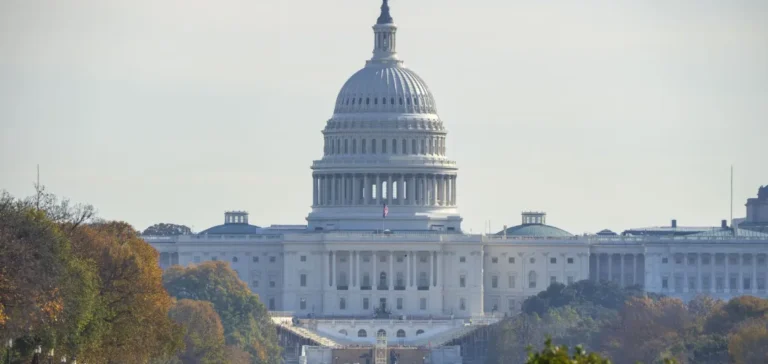The U.S. Senate narrowly passed a wide-ranging Republican budget bill aiming at a faster and earlier phase-out of tax credits for solar and wind projects, originally introduced in the climate law passed in 2022 under the Biden administration. The bill, titled the “One Big Beautiful Bill Act,” was approved 51 votes to 50, thanks to the decisive vote of Vice President JD Vance. However, three Republican senators voted against it, highlighting internal divisions on energy policy. The final adoption now rests with the House of Representatives, which must approve or reject amendments introduced by the Senate.
Major Changes to Tax Credits
The adopted amendments specify that only solar and wind projects starting construction within a year after the law’s enactment will fully benefit from the current 30% tax credit. For projects initiated after this period, the deadline for full commissioning has been moved to the end of 2027, instead of the initially planned 2032. This decision, taken after tense negotiations, also includes the removal of an initially proposed excise tax designed to penalize projects using foreign components deemed strategically sensitive.
Republican senators, including Lisa Murkowski (Alaska), Joni Ernst, and Chuck Grassley (Iowa), negotiated this compromise, partly safeguarding ongoing projects in their respective states. Murkowski publicly indicated that these changes would allow several Alaskan projects to remain eligible for tax credits, while acknowledging the law still fell short of industry expectations.
Boosting Traditional Energy Sector
The legislation also explicitly includes measures benefiting the oil, gas, and coal industries. Additionally, it permanently cancels the $7,500 tax credit previously granted for the purchase of Electric Vehicles (EVs). It further imposes a ten-year block on implementing a fee on excessive methane emissions, a measure adopted in 2022 but never enacted.
This bill significantly expands oil and gas development opportunities on federal lands, including reviving coal mining concessions in several U.S. states. Mike Sommers, president of the American Petroleum Institute (API), the main association representing the oil and gas sector, praised the initiative as a “historic breakthrough,” paving the way for a “new era of energy dominance.”
Immediate Economic Implications
Numerous renewable energy industry players have expressed concern, stating that the premature end of tax credits would threaten hundreds of planned projects, jeopardizing jobs and expected investments. According to the American Clean Power Association (ACPA), this decision could lead to significant economic losses, potentially endangering hundreds of thousands of jobs by 2030.
Conversely, supporters of the bill argue that these measures will generate substantial budget savings while stabilizing the U.S. electric grid by increasing production capacity from traditional energy sources, notably nuclear power and natural gas.
The U.S. House of Representatives must now decide on this bill and its amendments. Its final adoption would mark a significant shift in U.S. energy strategy, with direct implications for investors and industry stakeholders.






















